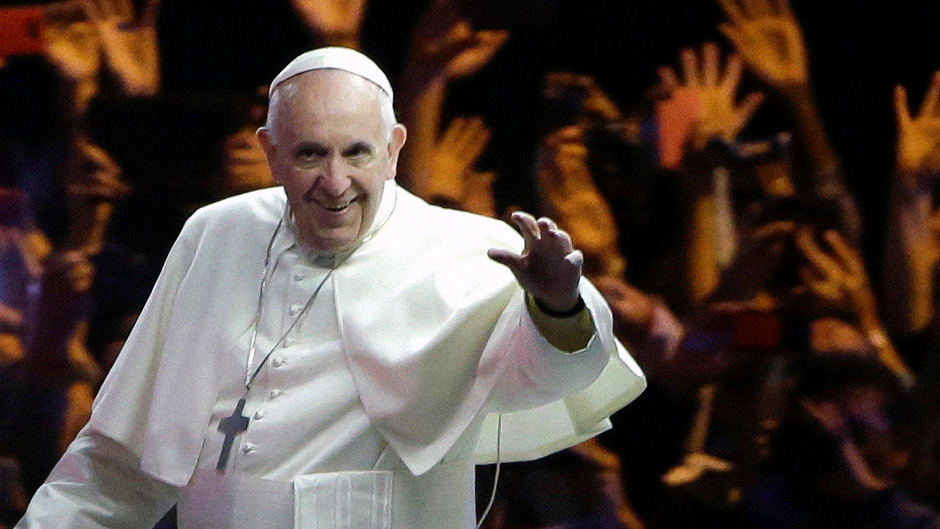The world woke Monday to the news that Pope Francis has gone home to the Lord. And while this moment is marked by sadness, it is also wrapped in profound gratitude—for a man whose papacy reshaped the spiritual imagination of millions and invited the Catholic Church to look outward with mercy and humility.
From the very beginning, Pope Francis surprised us. He stepped onto the balcony of St. Peter’s Basilica in silence that first night in 2013, asked the crowd to pray for him before he blessed them, and spoke not as a ruler, but as a pastor. In doing so, he signaled that his papacy would not be about power or grandeur, but about service and tenderness.
As the first pope from the Western Hemisphere, the first Jesuit pope, and the first to take the name Francis, he carried within him the experiences of a continent shaped by poverty and resilience. His was not a theoretical theology—it was forged in hospital rooms, barrios, and behind prison walls. Over and over, he reminded us that the church is not a museum for saints but a field hospital for the wounded.
Francis called us to go to the peripheries—not because it was trendy, but because that is where Jesus went. He challenged every Catholic, from cardinals to college students, to get their hands dirty in the work of accompaniment. He urged us to be shepherds “with the smell of the sheep,” and to walk with others not from above, but alongside.
In his encyclicals—"Evangelii Gaudium,” “Laudato Si',” and “Fratelli Tutti”—he offered a prophetic vision for the modern world. He spoke of joy in evangelization, responsibility in caring for our common home, and the urgent need to see each other as brothers and sisters. His leadership brought moral clarity to global crises while holding fast to the church’s tradition. He challenged us not to retreat into ideologies, but to encounter each person as sacred.
For young people especially, Pope Francis was a voice of trust. He believed in them—sometimes more than they believed in themselves. He once told a group of young Catholics: “Make a ruckus. Shake things up in your dioceses.” It was classic Francis—not chaos for its own sake, but an invitation to awaken faith from within and live it with courage.
As chaplain to the University of Miami’s Catholic community, I’ve seen the fruits of his papacy firsthand. Students speak of him with warmth and respect. They sense in him a humanity that draws them closer to Christ. He reminded a new generation that holiness is not about perfection—it’s about love.
His legacy? It will be measured not only in documents or headlines, but in hearts turned back to God. In doors opened. In bridges built. In wounds healed. Pope Francis showed us what it looks like when the Gospel is a lived experience.
As we now turn our gaze to the future and await the election of a new successor of Peter, we do so in hope. Not a passive hope, but the kind Francis lived: a hope born of trust in God’s mercy and an unshakable belief that the church, guided by the Holy Spirit, still has more to offer the world.
Rest in peace, Papa Francesco. You have taught us how to lead with joy, how to serve with humility, and how to love without fear. You have kept the faith. May the Lord now grant you eternal peace.
Father Richard J. Vigoa is a priest of the Archdiocese of Miami, pastor of St. Augustine Church in Coral Gables, and chaplain for UCatholic Campus Ministry at the University of Miami.

